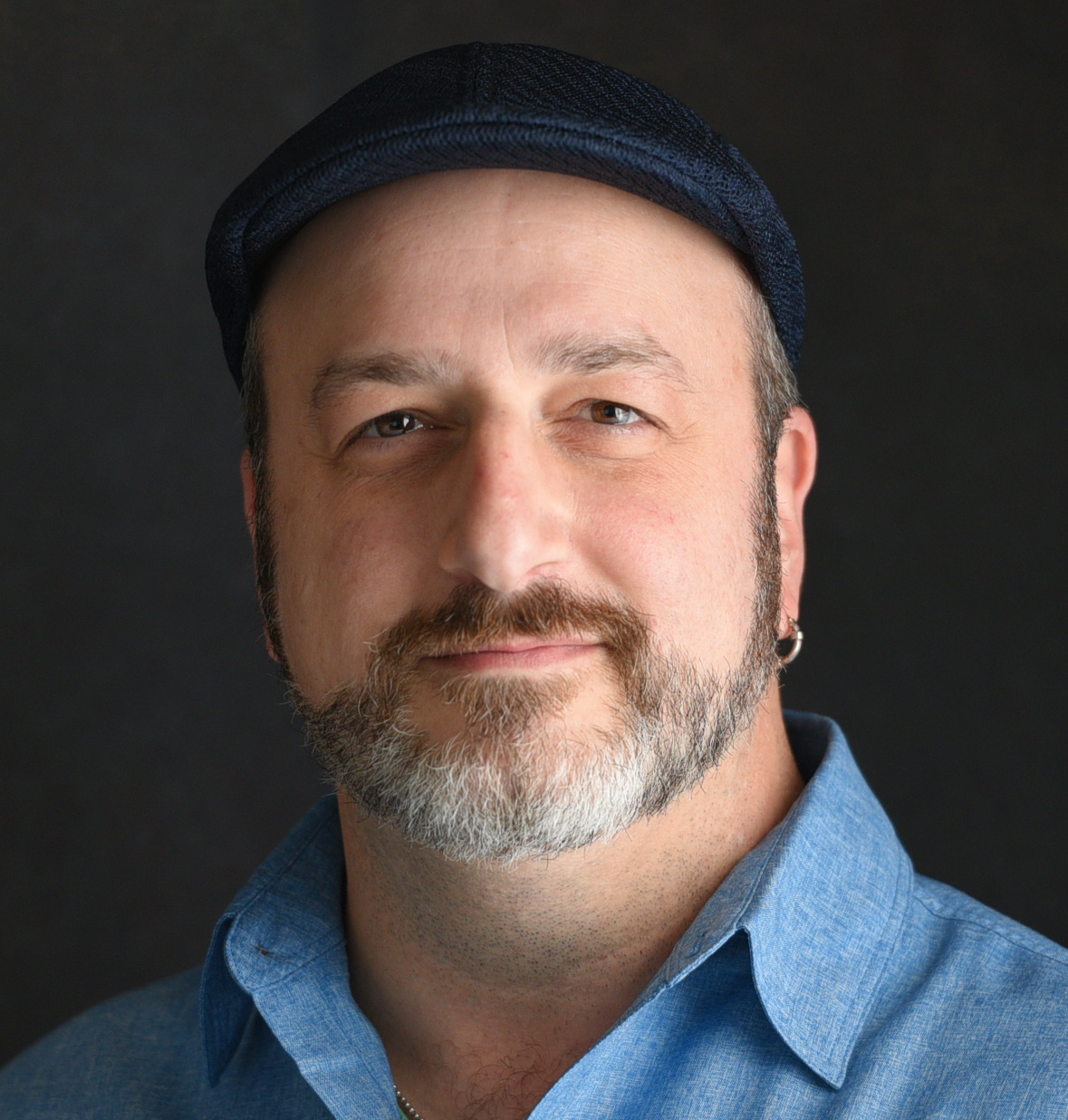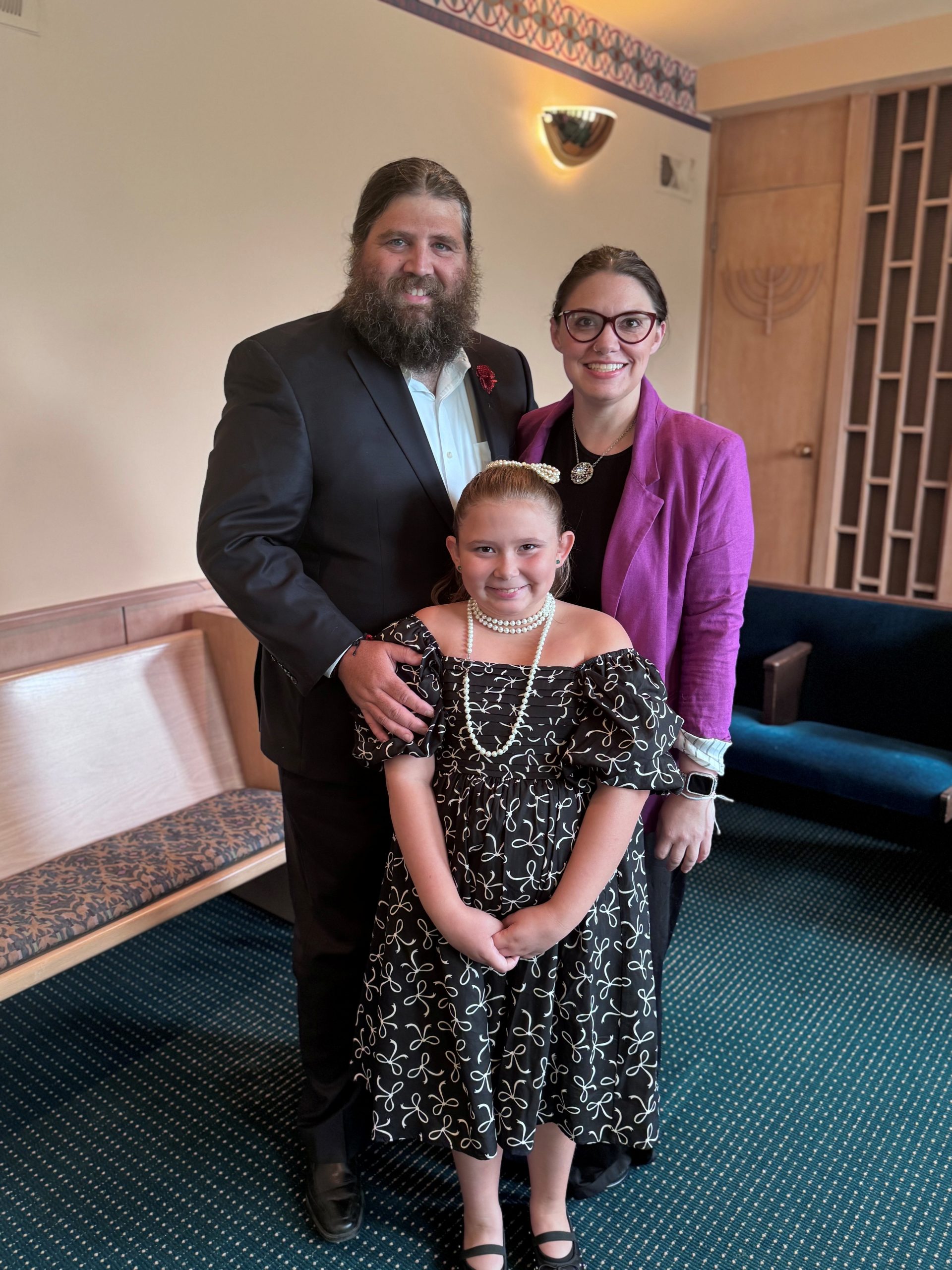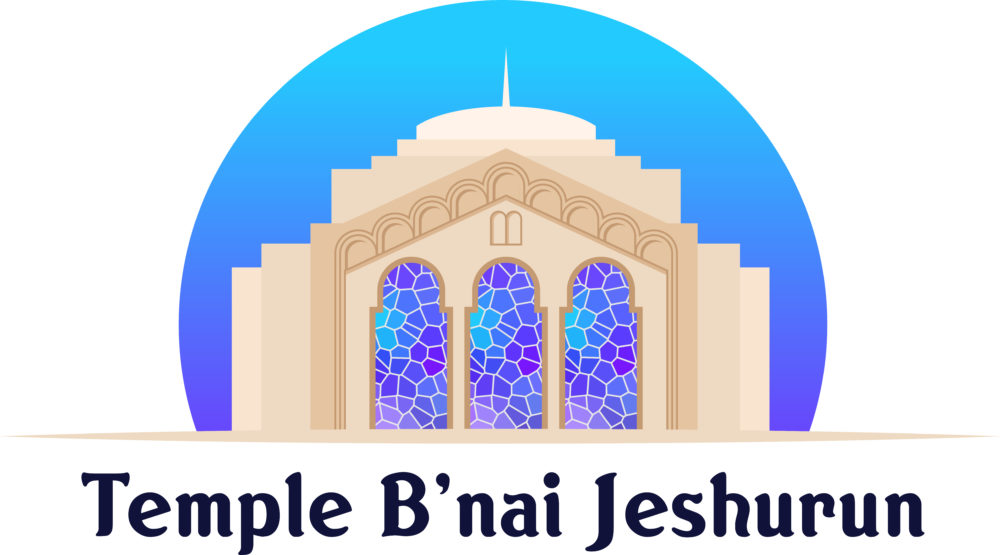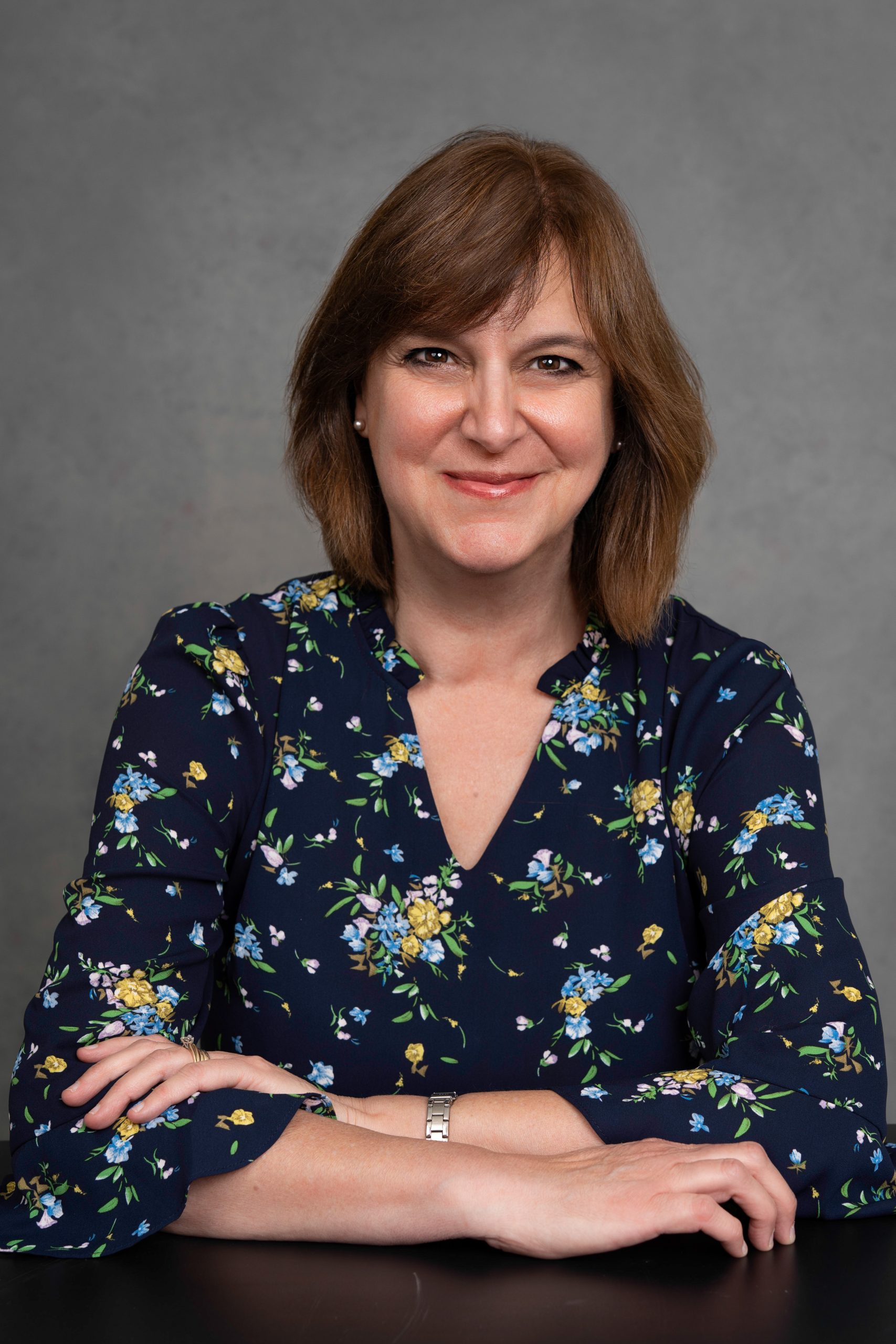
Over the years, I’ve come to realize that music is kind of a strange thing. It’s one of those things that is actually unique: there’s nothing else like it. It’s powerful; it makes us feel things; it creates and evokes memory; it connects us with people – music is awesome.
And if hearing music is powerful, then being a part of it, participating in making and shaping it – that’s another level altogether. And singing – singing feels good. It’s physically enjoyable. Not that everyone is comfortable or… adept (to be kind) at it. But even non-singers can experience the pleasure of singing in the privacy of their car or shower. Because singing feels good.
And when we get to sing with other people, join our voices in rising mellifluous vibration – well then it can be transcendent. Every once in a while the moment just clicks, and our voice goes from being one among many, to being part of a larger whole – that’s when it becomes transcendent, what Emil Durkheim called “collective effervescence.”
Collective effervescence doesn’t happen every day, but once you’ve experienced it, you want to experience it again. Unfortunately, it’s one of those things that, no matter how much you want it, you cannot make it happen.
What we can do, is create moments when it has the potential to happen, and making music, singing together in connection with community – that’s a good way to make moments of potential. Every once in a while, things will just click, and we’ll find ourselves inside a moment of awesomeness.
In this sense, when we sing at services, it’s not about creating moments of transcendence. It’s about creating the possibility of such moments. We can’t expect it to happen every week, but by doing it every week, when a moment of collective effervescence decides to come along, we’ll be there for it.
But you can’t sing if you don’t know the songs.
Feeling outside of the music prevents the possibility of experiencing the kind of moments I’m talking about, and it even gets in the way of simply enjoying it for its everyday awesomeness. Whether it’s an unfamiliar tune, not knowing the words, not knowing what the song is about, or not wanting to be the only one around you who is singing; any number of things can get in the way of the meaning and potential of music at services.
And even if you’re not quite buying my grandiose claims about transcendent moments, if, for any reason, you feel shut out from being able to participate in music at services, we should fix that. Not everyone likes to sing. Not everyone has to sing. But if you want to sing but can’t because you don’t know the words or you don’t know the tune – let’s fix that.
Here is what I’m proposing:
Throughout the summer, we are going to have a series of in-person sessions where we’ll work on learning the words and music to various parts of the service. We will teach the words, teach the music, and we’ll practice singing together. For those who read sheet music, we’ll have sheet music. For those who want recorded reinforcement, we’ll have video versions you can access and practice with to your heart’s content.
If you like, you can think of it like joining a choir, but more like a clandestine choir. Instead of performing for people, you’re among the people, adding to an ambience of song that makes those around you feel more comfortable joining in.
These sessions will begin in June. Some of them will be on Sunday afternoons, and some will take the Wednesday evening spot during our summer Adult Ed break. As soon as we hammer out all the dates and times, we’ll get the word out to everyone.
If someone doesn’t like to sing, that’s fine. But if someone wants to sing but doesn’t know the words and tunes, this is an effort to fix that.
The whole question of music at services is a big one, and as many words as I’m spilling here on the topic, believe me, it’s just scratching the surface. I don’t know if what I’m proposing will work. I’ve never done it before, and Lord knows I’m open to other ideas. But it’s worth a try, and if it opens up the doors of participation for even a few people, it’ll be worth the effort.
What I do know is that the more that people in the congregation sing, the more the people around them feel a kind of permission to join in. Singing begets more singing.
Singing feels good, and music is awesome. So let’s get together and make sure that everyone who wants to can participate in making some moments of potential transcendence.
Rabbi Neal Schuster
nealschuster@gmail.com





